Proposal for businesses with over 3,000 people, union fee is only 1%
Speaking at the meeting, debating with delegates at the meeting on the issue of 2% union fee, delegate Nguyen Anh Tri (Hanoi National Assembly delegation) said that since 1957, the 2% union fee has been maintained as reasonable. Because the workers at this time were mainly officials and employees working in state agencies. The funds were allocated by the state. However, Mr. Tri said that this level of funding is no longer reasonable in the current context. Specifically, currently, the number of enterprises in Vietnam is very large, the number of employees in enterprises is large, from several hundred, several thousand, even up to tens of thousands of people.
Delegate Nguyen Anh Tri said that paying 2% union fees has become a burden for businesses with many employees.
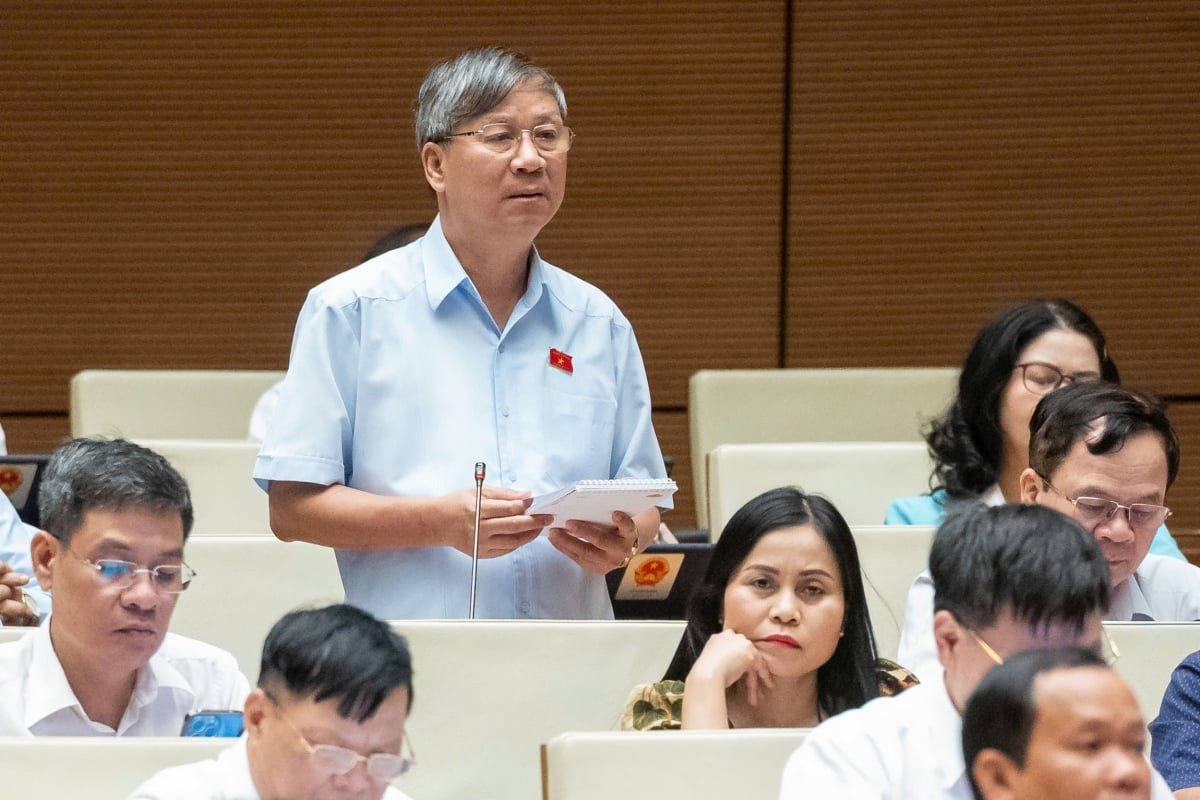
"If the situation becomes so serious that businesses cannot expand or even maintain operations, workers will lose their jobs; businesses will shrink, FDI investment will decrease, the country's economy will be affected, and workers will become unemployed," said delegate of Hanoi Tri.
To suit current conditions, Mr. Nguyen Anh Tri suggested that for businesses with less than 500 employees, the union fee rate is 2%. For businesses with 500 to less than 3,000 employees, this rate is 1.5%. For businesses with more than 3,000 employees, the union fee rate is only 1%.
In addition, the Hanoi City Delegation representative said that the draft law needs to have more regulations on businesses paying attention to the spiritual life, culture, sports and entertainment of employees.
Is a 2% union fee reasonable?
Previously, delegate Tran Nhat Minh (National Assembly Delegation of Nghe An Province) proposed to continue maintaining the 2% trade union fund and the regulation as in the draft Law. Because the trade union fund has been maintained and promoted effectively for more than 60 years, since 1957 when the Trade Union Law was enacted. This fund is mainly used at grassroots trade unions to take care of the lives of union members and workers, such as visiting, sick leave, Tet gifts, birthday gifts, or organizing cultural and sports activities.
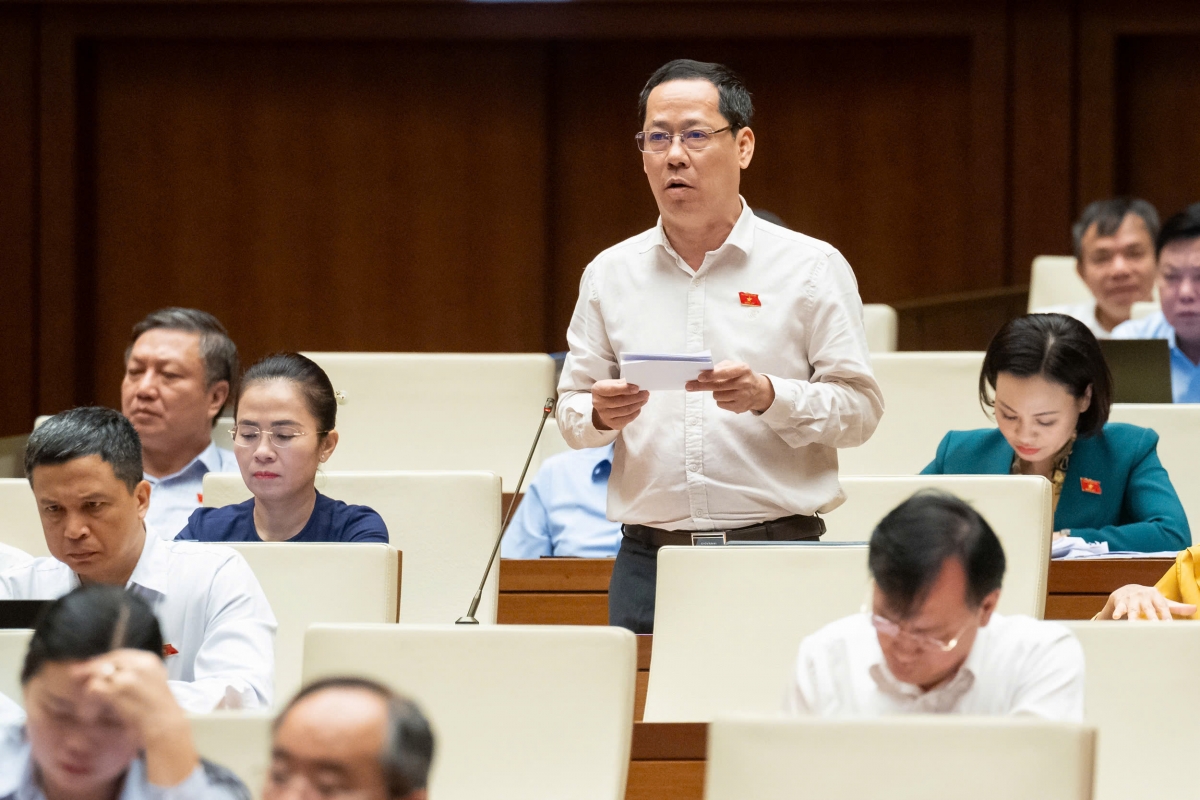
In addition, Mr. Minh said the draft law has added some contents to suit the reality, such as regulations on suspending and reducing union fee payments for organizations and businesses facing difficulties. Therefore, when implementing this policy, revenue from union fees is expected to decrease.
However, at that time, the superior trade union still supports and protects the rights of union members and employees at the grassroots trade union in cases of temporary suspension or exemption from paying union fees.
“Therefore, legalizing and continuing to maintain the 2% level of trade union funds as stipulated in the draft law is extremely necessary, ensuring that trade unions fulfill their responsibilities to union members and employees, and their responsibilities in building harmonious and progressive labor relations, contributing to the stability and development of agencies, units and enterprises,” emphasized delegate Tran Nhat Minh.
Explaining this issue, President of the Vietnam General Confederation of Labor Nguyen Dinh Khang said that regarding union funds, the vast majority of delegates agreed with the 2% rate and during the drafting process, a report was made to receive and explain relevant opinions on union funds.
“The current union budget left at the grassroots union is 75% to take care of the employees. In fact, many business owners at enterprises with higher welfare regimes, which are beneficial to employees, are very welcome. Regarding the issues of businesses facing difficulties, the Drafting Committee and the reviewing agency have designed a new provision in Article 30 compared to the Trade Union Law (2012), which is the issue of exemption, reduction, and suspension of payment of union budget,” Mr. Nguyen Dinh Khang added.
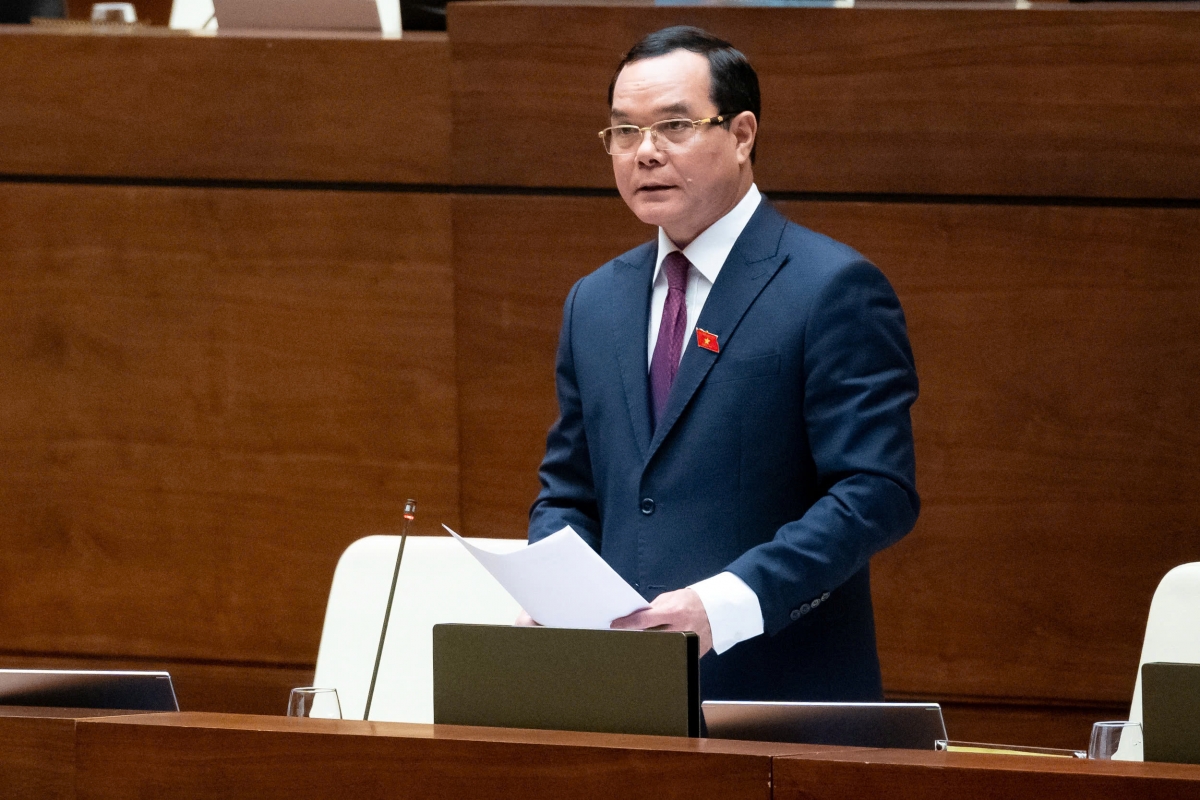
Regarding union finances, Mr. Khang said that the drafting committee and the design review agency did not stipulate in the law the division of union funds in the context of many organizations representing workers at the grassroots level to ensure flexibility and harmony.
“The drafting agency agrees with the proposal that the bill only stipulates in principle the division of union funds for employee organizations at enterprises. Later, there will be detailed regulations from the Government and the General Confederation of Labor to guide implementation,” said the President of the Vietnam General Confederation of Labor.
Need detailed regulations on social housing investment
Contributing to the draft law, delegate Tran Kim Yen (HCM City National Assembly delegation) said that the draft has provisions on "social housing investment". This is a new content assigned to the Trade Union by the National Assembly and the Government. However, if only one line is included in the draft law without being more specific and detailed, it will be very difficult for the Trade Union organization to carry out this very new task.
If the law is not specific, when implementing, the trade union must ask the ministry, industry, government or National Assembly, which is time-consuming, prolonged and slow. In some cases, the trade union organization cannot even carry out this task.
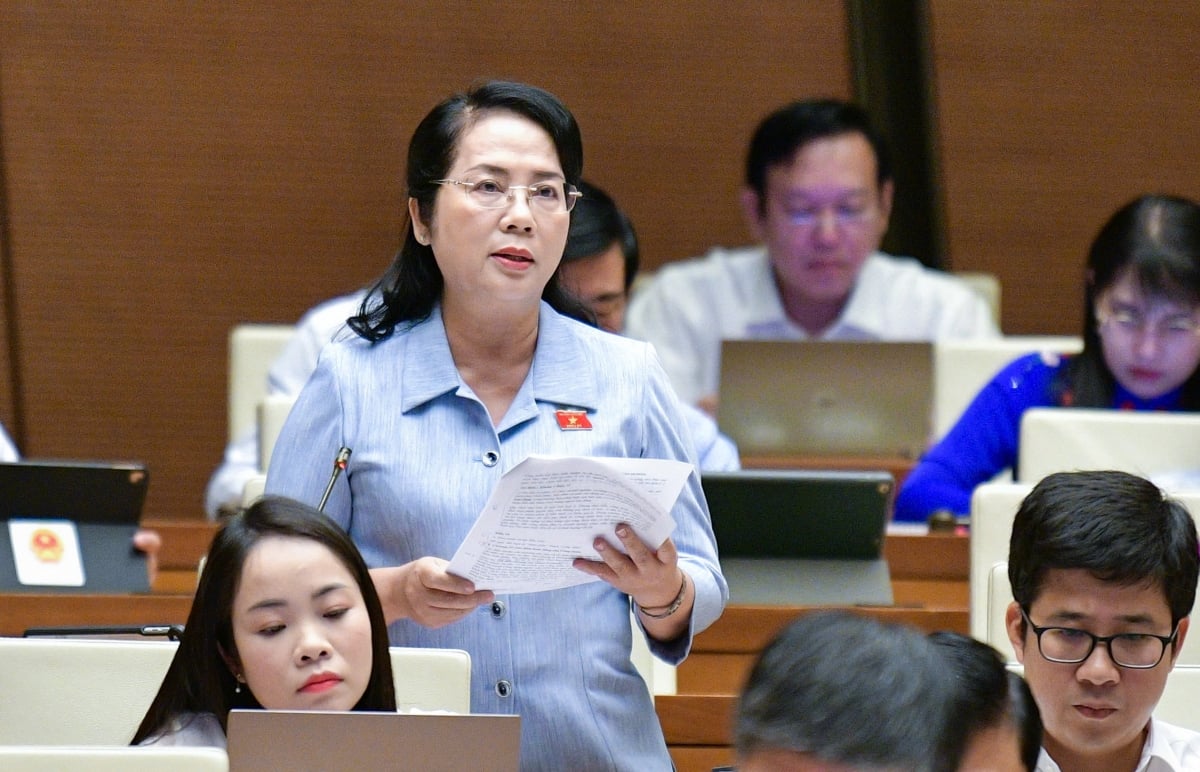
The draft law requires that “agencies, organizations, enterprises and individuals have the responsibility to immediately take remedial measures to ensure occupational safety, including the need to temporarily suspend operations in the event that the workplace is found to have factors that affect or endanger the health and lives of workers”. The above provision is reasonable and logical. However, in practice, according to Ms. Tran Kim Yen, it is very difficult for trade unions to exercise this authority if it is not clearly defined, because this is the function and duty of the competent state management agency.
In case it has not been reviewed and supplemented, the delegation of Ho Chi Minh City proposed the regulation: "The union reports to the competent authority. Because of the function and capacity of the union, it is difficult to make a decision to request a stop, and the union's proposal is not certain that the enterprise will accept because it will cause damage to production."
National Assembly Deputy Tran Kim Yen also pointed out that the finances of trade unions are very large, so the revenue, management and use of trade union finances, in addition to having to follow general regulations of the law on finance, also need to be independent according to the specific regulations of the Vietnam General Confederation of Labor to serve workers and employees.
National Assembly deputies said that strict management is needed, including the decision to reduce or exempt union fees; and the inspection and audit of union finances from the Central Government.
Regarding full-time union officials, according to delegate Tran Kim Yen, there should be regulations on proactive staffing and the number of full-time union officials based on the number of grassroots unions, union members and the ability to pay salaries from union financial resources.
“There are district-level unions that manage over 2,000 grassroots unions and nearly 150,000 union members, but with only 13 union officials, it will be very difficult to ensure operations and quality,” delegate Yen cited.
Source: https://vov.vn/chinh-tri/quoc-hoi/dbqh-phi-cong-doan-2-tro-thanh-ganh-nang-voi-doanh-nghiep-co-nhieu-lao-dong-post1130633.vov




![[Photo] Vietnam and Sri Lanka sign cooperation agreements in many important fields](https://vphoto.vietnam.vn/thumb/1200x675/vietnam/resource/IMAGE/2025/5/5/9d5c9d2cb45e413c91a4b4067947b8c8)



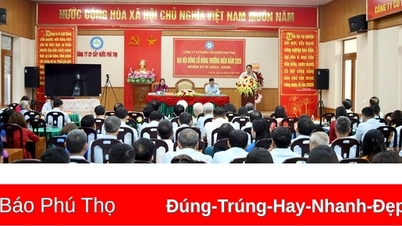



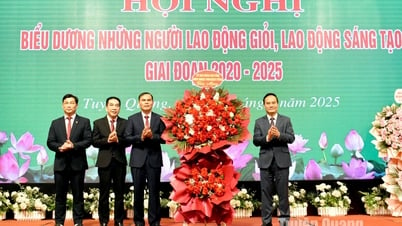
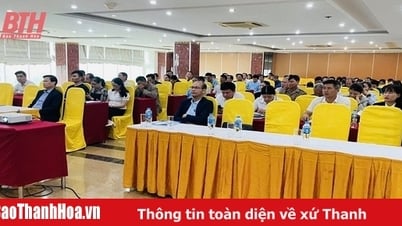


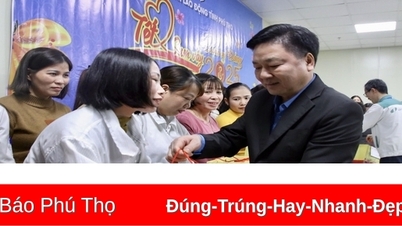
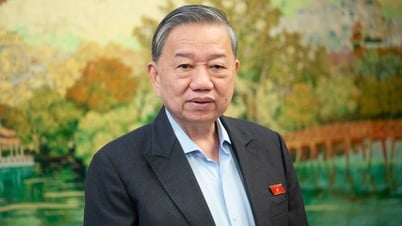
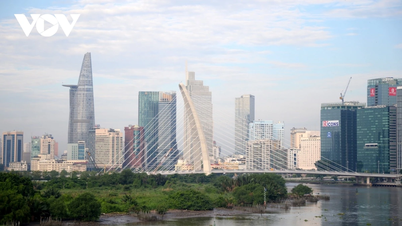









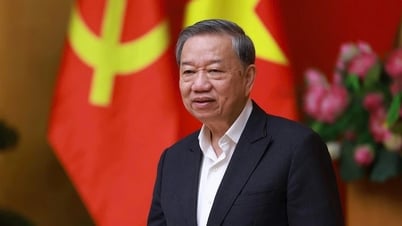
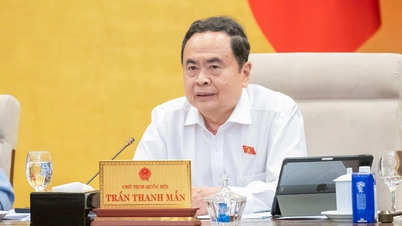
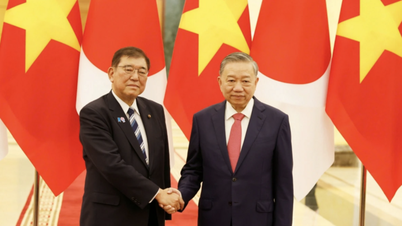

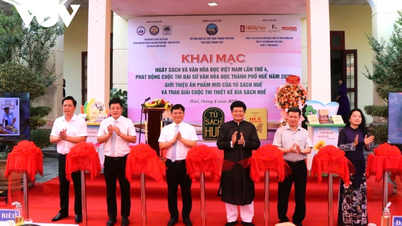
![[Photo] President Luong Cuong and Sri Lankan President Anura Kumara Dissanayaka visit President Ho Chi Minh relic site](https://vphoto.vietnam.vn/thumb/1200x675/vietnam/resource/IMAGE/2025/5/5/0ff75a6ffec545cf8f9538e2c1f7f87a)








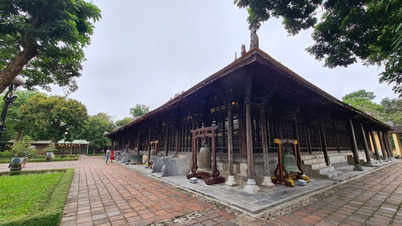






















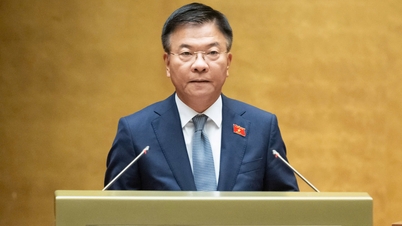



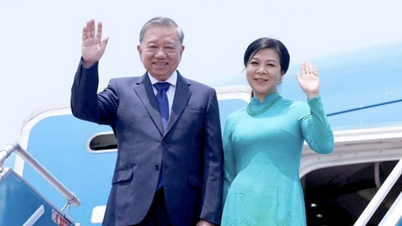
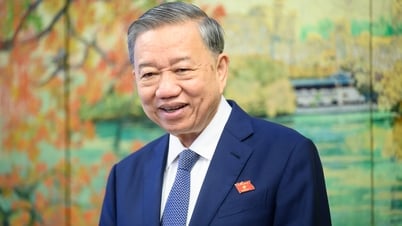




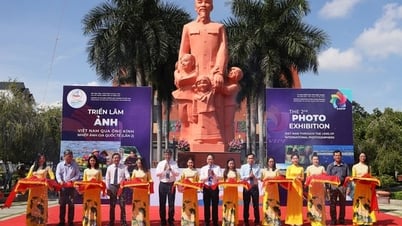

























Comment (0)